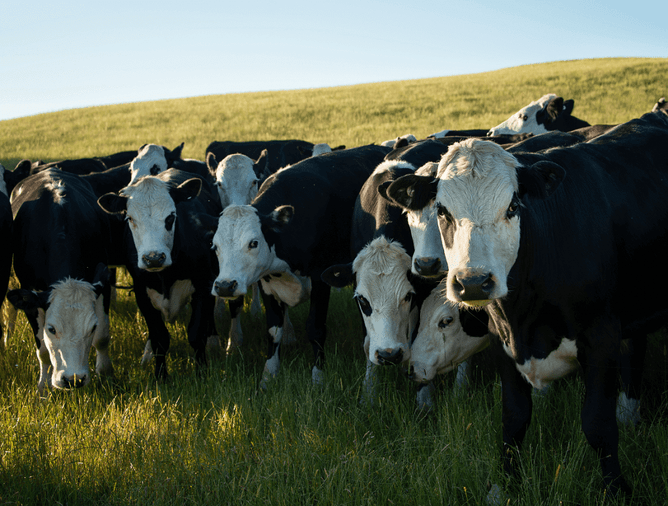Leptospirosis is an infectious disease transmitted from animals to humans, we call this a zoonotic disease. It also passes very easily from animal to animal and is prevalent amongst both farmed and wild animals.
It spreads easily, thrives in wet conditions and can survive for months. That means protecting ourselves and our animals is important.
Protecting your beef cattle against lepto is important as they can pick it up through contaminated water or contaminated pasture. Bringing in outside animals for grazing, like dairy heifers and bulls can increase risk to your farm if they have not yet been vaccinated.
What can it do to your cattle?
There are two strains that can impact our cattle, Hardjobovis and Pomona, both of which can have serious implications. If untreated and unvaccinated, they can cause abortions and death.
For humans, it may start with flu symptoms but could lead to meningitis if untreated. It is important to wear the right PPE at calving, when loading cattle and any task that involves handling animals. Wearing gloves, washing your hands and changing out of dirty gloves are all common practice, but it's a good reminder to why we do it!
How do we protect our farms and families?
Vaccination is the best way to mitigate the risk of leptospirosis. Ensuring all animals are vaccinated regularly, as well as any animals coming on farm. If you have pigs, make sure they get vaccinated too. Pest control for rats and possums can help too, especially around stored foods.
At VetSouth, we factor lepto into your vaccination plan on your animal health calender. If you have any questions about when to vaccinate, just contact your KeyVet.
- Tom Essink

